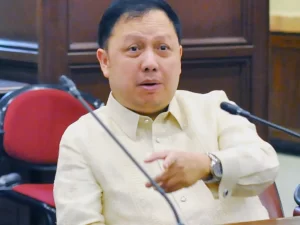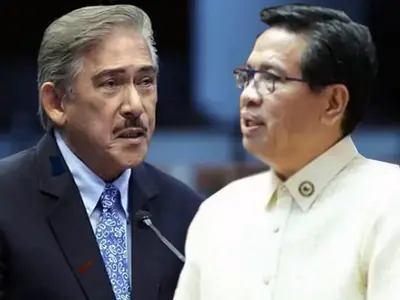
FORMER president Rodrigo Duterte’s defense team is arguing that he is unfit to stand trial before the International Criminal Court (ICC) due to significant cognitive decline.
In a formal request to the ICC, Duterte’s lawyer, Nicholas Kaufman, stated that the 80-year-old former president is unable to recall events, recognize family members, or understand the nature of the proceedings against him.
This claim of incapacitation has led the ICC to postpone the hearing on the confirmation of charges against Duterte, scheduled for September 23.
The defense’s argument hinges on the assertion that Duterte’s impaired memory and cognitive abilities render him unable to participate effectively in his own defense.
Kaufman contends that Duterte cannot follow the litigation, make informed decisions, or contribute meaningfully to his legal strategy. He further suggests that Duterte’s condition is unlikely to improve, even with medical intervention, raising questions about the fairness and feasibility of continuing the legal proceedings.
The ICC’s decision to postpone the hearing reflects the gravity of the defense’s claims and the potential implications for the case.
While one judge dissented from the decision, the majority agreed to delay the proceedings pending further evaluation of Duterte’s mental state.
The situation presents a complex legal and ethical dilemma, forcing the ICC to balance the pursuit of justice with the fundamental rights of the accused, including the right to a fair trial and the ability to participate in one’s own defense.



